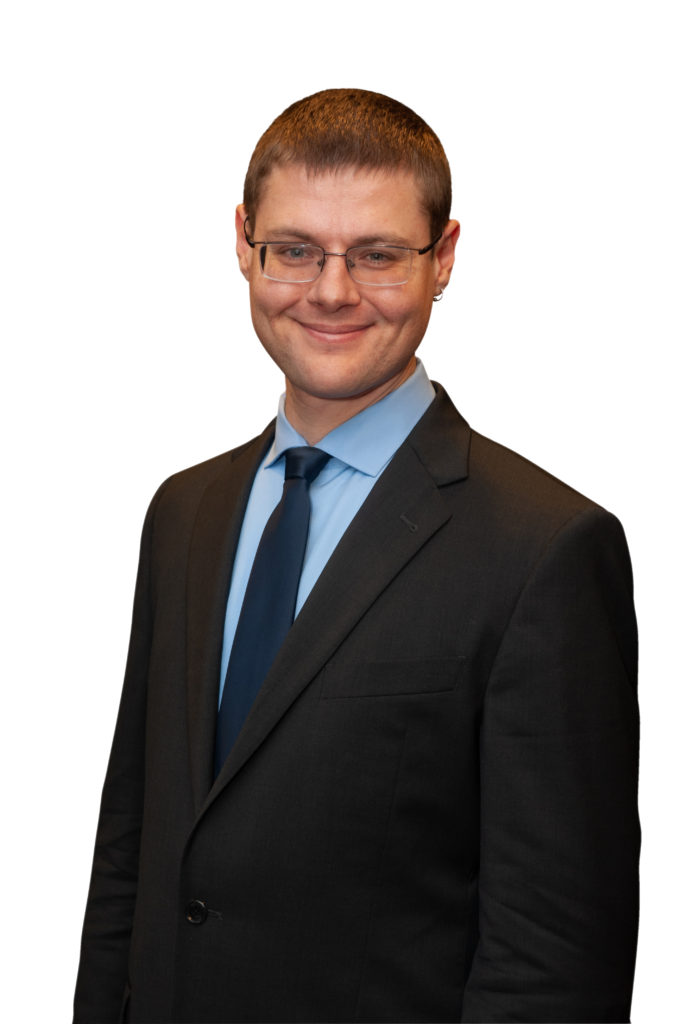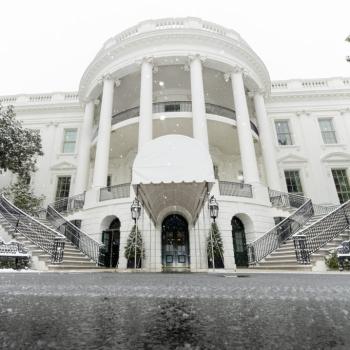
Guest Post on Making Better Decisions By Mark Faust
What is the process you should use for making better decisions?
Agree first on the process of making the decision
- Who owns the decision
- Who are the stakeholders
- What is the objective
- What are the alternatives
- What are the risks
- How will we decide
Making Better Decisions Faster
Are there decisions you have put off that could potentially be of great benefit to the company? Do you sometimes feel like you agonize over decisions? Here are a few tools that can help any leader deftly make better decisions quickly.
If the decision is between alternatives you should put the options before you through a decision funnel consisting of your 1. Musts 2. Wants and 3. Potential Risks. First, you should list out the Musts that you need to meet. This will sometimes sift out options that just won’t cut it. Next, rank your Wants and see which options will most likely meet the most Wants. Finally, list potential Risks behind each remaining option. At this point, many decisions become obvious if not at least much clearer. You are looking for the best-balanced decision, which equates to the maximum benefit within the acceptable risk.
On larger decisions, a more detailed Risk/Reward Analysis may be in order. If this is the case put your decision on the Decision Balancing Scale. I set these up by drawing a balance point that is like the center of a see-saw and it represents the status quo. This will become a center point on a scale from a negative 5 on the left to a positive 5 on the right.
For each option, you will want to evaluate the significance of tilt that it will make toward either the negative or positive sides based on a scale of Risk vs. Reward. First, let’s give some ranking to the 1 through 5 ratings for reward. 1 would equal some minor improvement that only you would know about. 2 would equal a nice improvement that people around you could benefit from. 3 would equal benefit that is company-wide and people are talking about on a regular basis. 4 would equal customers flocking to your company. 5 could equal a game-changer for the company, industry or more.
After rating the reward potential, do the same with the risks considering the following ratings. A -1 would be a minor annoyance. A -2 would be a problem you could solve. A -3 would be a problem for which you would have to get help and it would be made public in the company. A -4 would be a huge embarrassment. A -5 could be a problem so bad that it could be in the press.
To make changes, the rewards must be a 2 or more or you might as well consider other potentials. On the negative side if the potential downsides are nearly a 4 or more then you may want to forget about taking such a risk.
The problem for most leaders making decisions is that they aren’t using ANY objective criteria or tools like the above to evaluate the options available or the option of a go or no-go decision. Instead, far too many of us are languishing in thoughts and making decisions based on intuition when a much more helpful and objective approach could be applied. For all the truth and value behind listening to your gut and following your instincts which are often fueled by years of experience and data that is too vast to list out, the fact is that you could improve your decision making success by using more and more tools like the above to evaluate your options. This is also why bringing in an outsider who can bring an objective set of eyes to a set of decisions can also help you to increase your odds of success. Someone not burdened with the fears and concerns around the decision can bring unique wisdom that can accelerate success.
—
More techniques on making better decisions:
- For quick everyday decisions
- For moderately significant decisions
- For critically important and/or highly complex decisions
- For preventing problems and maximizing success in implementing decisions
Image Credit: PxHere/Rawpixel.com/3353 Images
—
Author Bio:
Since 1990 Mark Faust has run www.EchelonManagement.com a growth and turnaround consultancy, providing facilitators and speakers who’ve worked with clients from the c-level of the Fortune 500 as well as owners of multi-generational family-owned companies.
Originally published at Disaster Avoidance Experts on August 23, 2019.














